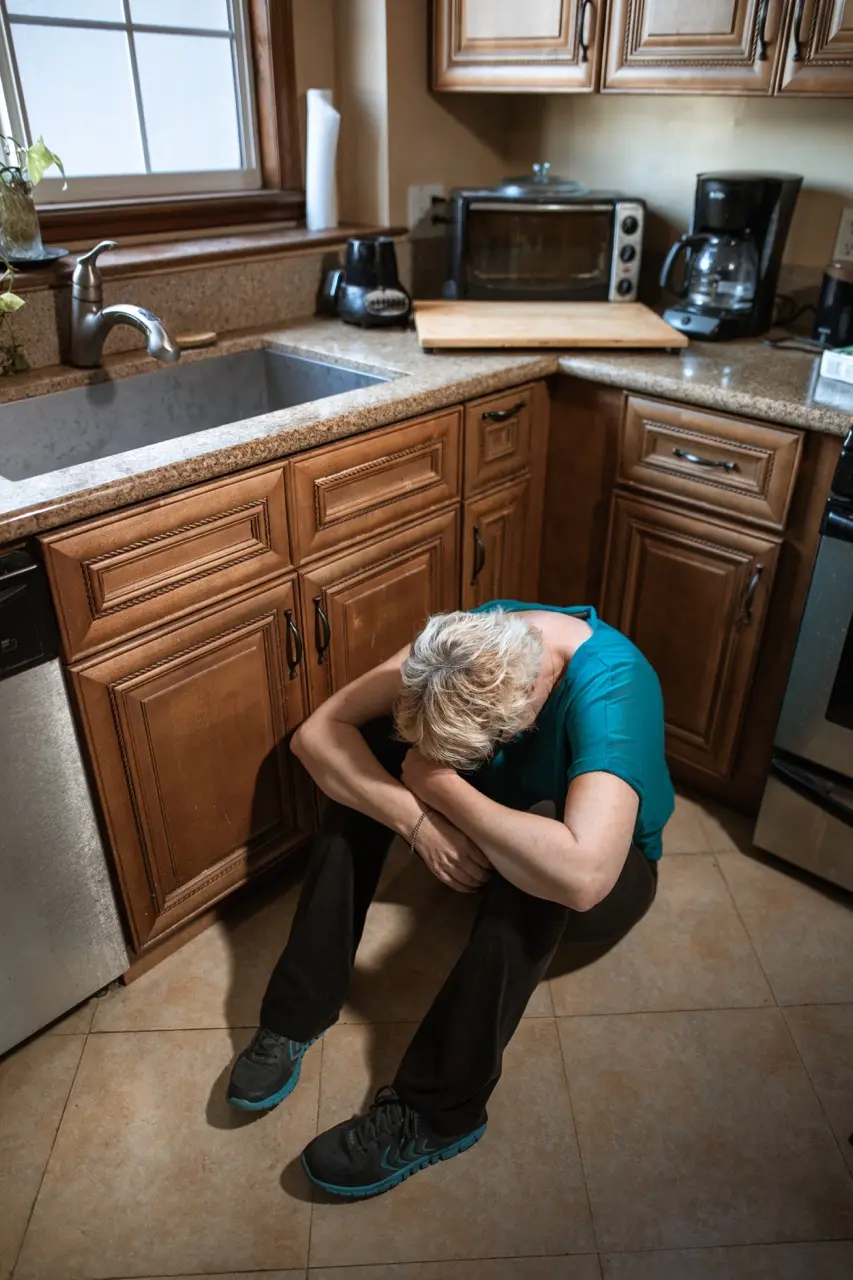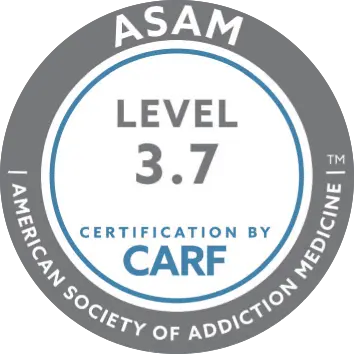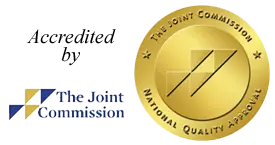PTSD Treatment
Managing post-traumatic stress disorder (PTSD) in daily life can be challenging. At worst, it can even be debilitating. Finding the proper treatment is vital to long-term recovery and allowing a return to living a healthy life.
California Care Recovery in Orange County, California, offers residential and outpatient treatment for post-traumatic stress disorder (PTSD). Depending on PTSD severity and an individual’s symptoms, a customized treatment plan can be developed.

If you or a loved one needs immediate help, contact us now
CALL (949) 281-0632What is PTSD?

Post-traumatic stress disorder (PTSD) is a mental health disorder that people develop after they have experienced or witnessed a particularly traumatic event. It's most famous for military members in war but can be triggered by any part of daily life. Any harmful event, whether emotional or physical, can induce PTSD.
According to the US Department of Veterans Affairs, about 6 in 100 people will experience PTSD in their daily lives. In a given year, about 12 million US Americans experience this type of trauma, making it one of the most common psychiatric disorders today. Women are twice as likely to develop complex PTSD compared to men, but it can affect people at every age and every walk of life.
The Mental and Physical Symptoms of PTSD
- Intrusive memories, including flashbacks, dreams, nightmares about the event, or extreme reactions to anything that might serve as a reminder of the event.
- Avoidance about the traumatic event, including actively staying away from places, actions, or anyone that might serve as a reminder of it.
- Negative thoughts and mood changes, including about oneself and the world, hopelessness, memory issues, detachment, a lack of interest in previously enjoyable activities, and emotional numbness.
- Physical and emotional reactions include being unable to stop oneself from looking out for danger, self-destructive behaviors, sleeping or concentrating, guilt or shame, aggressive behavior, and more.
Is PTSD Dangerous?
For some PTSD sufferers, their symptoms are relatively mild. However, it can also become dangerous to individuals and those around them. At its worst, it can lead to suicidal ideation and even actions.
For example, the suicide rate of military veterans with PTSD is four times higher than that of veterans not suffering from it. Even when it doesn't end in suicide, PTSD can lead to depression, eating disorders, and substance use disorders when left untreated.
Some PTSD symptoms can also present a danger to those around the individual suffering from it. In particular, physical and emotional reactions may lead to increased drinking and more reckless driving.
Finally, it's essential to understand that all symptoms can vary over time. A mild case of PTSD can get worse, especially when stressed, and triggering events or conversations can lead to a sudden outburst. So while PTSD is not always harmful, it always has the potential to become dangerous over time.

How Does Someone Get PTSD?

How is PTSD Treated?
- General Therapy, including individual, family, and group therapy, to understand the symptoms and learn how to manage them.
- Cognitive Processing Therapy allows the patient to confront negative emotions and feelings related to mental disorders and find new ways to think about the event.
- Prolonged Exposure Therapy, in which the patient 'relives' the event in a controlled environment. This therapy is designed to help the patient face and gain control of their reactions to the event to overcome their PTSD eventually.
- Eye Movement Desensitization and Reprocessing, which retrains the patient's brain to think about something positive while remembering the trauma. Through controlled eye movement, the memory changes to become less damaging.
- Stress Inoculation Training, in which the patient focuses on the stress resulting from the event instead of the event itself. They'll learn to relax their mind and body when experiencing this stress through massage and breathing techniques.
- Medication allows the patient to stop the brain from reliving the memory through flashbacks or nightmares. They can also help to soothe the general fear and anxiety that commonly occur due to PTSD.
Inpatient Treatment for PTSD
Inpatient treatment for PTSD is offered at California Care Recovery in Orange County, California. Patients will stay overnight during this type of treatment while receiving therapy, medication management, and other forms of care. The duration of this care varies depending on the patient’s needs and may last anywhere from a few weeks to several months. Inpatient treatment can be beneficial for those suffering from severe or chronic PTSD as it gives them an opportunity to focus solely on their recovery without any external distractions.
Outpatient Treatment for PTSD
PTSD Treatment in Orange County, California
PTSD, especially when left untreated, can be a severe challenge affecting the patient and those around them. You can work your way back to living a normal and healthy life with the right professionals.
California Care offers mental health and outpatient mental health programs in Orange County, California. Our therapy and treatment methods can help with recovery from the immediate symptoms and long-term.

Recovery Starts Here!
At California Care Recovery, we are here to be a positive force for mental health. We’re open 24/7 and offer same day admissions. If you or a loved one is seeking effective treatment for issues of mental health, call us now.





